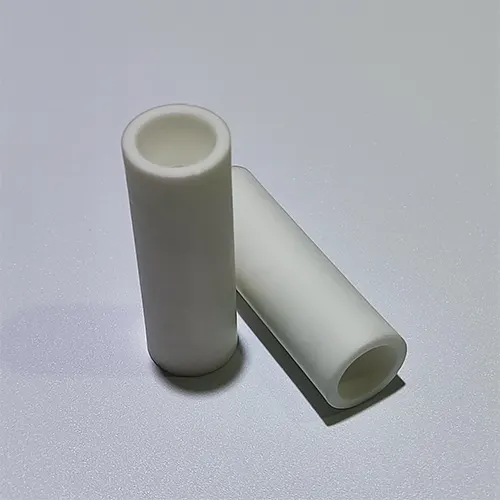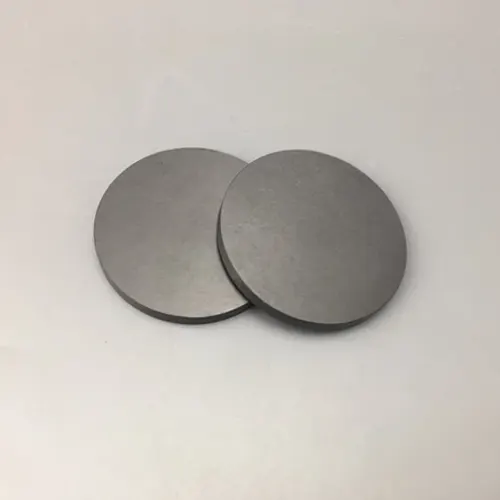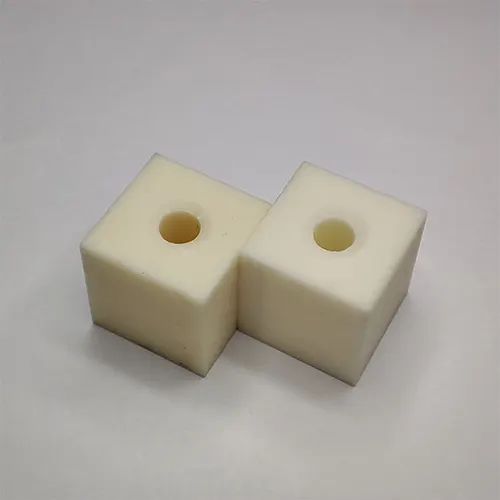99.9% Alumina Ceramic

99.9% Alumina Ceramic: Based on an ultra-high-purity Al₂O₃ matrix (purity ≥99.9%), this ceramic achieves an atomic-level dense structure through ultra-high-temperature sintering (≥1800°C), with hardness approaching single-crystal corundum (Mohs hardness 9.2) and a temperature resistance limit exceeding 1900°C (in inert environments). It exhibits zero-porosity impermeability (resisting molten metal/plasma erosion) and dielectric loss as low as 10⁻⁵, while its surface can be polished to nanoscale roughness (Ra <10 nm), making it ideal for extreme precision applications. Additionally, its biocompatibility and zero magnetic hysteresis enable its use in deep-space detector components and superconducting equipment insulation layers, cementing its status as the pinnacle of industrial ceramic performance.
FAQ
Precision ceramics offer superior high-temperature resistance, corrosion resistance, wear resistance, and insulation, making them ideal for extreme conditions like high temperatures and high pressure. They also support higher precision processing, meeting complex design needs.
Precision ceramics are widely used in aerospace, automotive, electronics, medical, and industrial equipment industries, especially in applications requiring high performance and durability.
Precision ceramics are challenging to machine due to their high hardness and brittleness. Special equipment and processes, such as CNC machining, are required to ensure precision and surface quality.
When selecting a ceramic material, it is essential to consider specific working environments and performance requirements, such as high-temperature resistance, corrosion resistance, and mechanical strength. Different applications require ceramics with varying properties.
Precision ceramics generally have a long lifespan, with their longevity ranging from several years to even longer, depending on the usage environment (such as temperature, pressure, wear, etc.).
- PREV: 99% Alumina
- NEXT: 99.99% Alumina Ceramic





